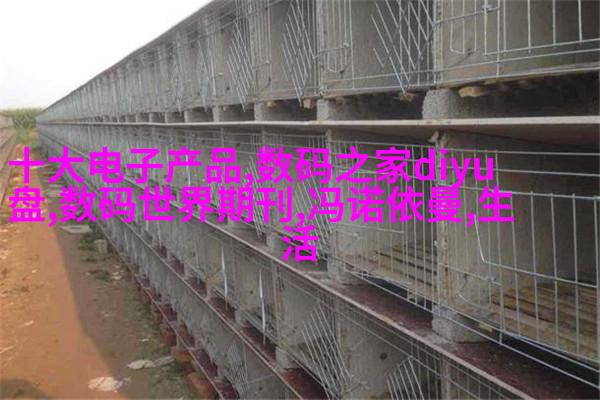随着科技的飞速发展,西安作为中国历史文化名城,在推动智能交通领域取得了一系列突破性的成就。自主研发的智能车辆不仅提升了城市交通效率,也为市民提供了更加安全、便捷、高效的出行体验。

1. 智能化转型:西安智慧交通系统建设背景
在全球化和信息化进程中,城市交通问题日益凸显。面对人口增长和经济发展带来的挑战,西安政府积极响应国家号召,加快推进“一带一路”沿线区域合作与发展,为实现绿色、低碳、可持续发展目标而努力。在这样的背景下,西安启动了全面升级其传统公交系统到智慧公交系统的大型工程项目,并引入先进技术,如大数据分析、大容量存储等,以实现更高效率和服务质量。

2. 西安自主研发智能车辆:技术创新与应用实践
为了适应未来城市出行需求,不断缩短拥堵时间,同时降低能源消耗,提高环境友好性,西安开始进行针对本地实际情况进行设计改造的自主研发工作。这些专为都市生活环境设计的人工智能(AI)导航系统能够根据实时流量数据优化路线,从而减少通勤时间。此外,这些车辆配备有先进的自动驾驶技术,可以在特定条件下自动运行,无需司机干预。

3. 自动驾驶汽车在西安应用中的挑战与机遇
虽然自动驾驶汽车具备巨大的潜力,但其商业部署也面临诸多挑战。这包括但不限于法律法规框架尚未完全建立完善、基础设施不足以及隐私保护等问题。不过,对于像西安这样具有悠久历史且人文景观丰富的地方来说,将这些新兴技术融入到既有的旅游活动中,无疑将是吸引更多游客并促进地方经济发展的一种重要手段。

4. 智能交通管理:如何通过大数据提升道路安全管理水平
为了有效地利用大数据资源并提高道路安全管理水平,大规模安装摄像头以收集视频流,并结合传感器网络来监控道路状况成为常态。通过这种方式,可以快速识别事故现场或违规行为,并及时通知相关部门采取措施。而对于普通市民来说,他们可以通过手机APP查询实时路况信息,从而提前规划自己的行程,有助于避免拥堵地区,从而减少旅行时间和成本。

5. 西安智慧停车解决方案探究:共享空间优化使用
随着城市空间紧张的问题日益严重,停车难成了许多人的共同痛点。在这个背景下,一些创新企业开始提出共享停车平台计划,即通过互联网连接不同区域内闲置或暂时空闲的停车位,让用户根据需要选择合适位置停放,使得原本被忽视的地块变得充满价值,同时也减少了私家车占用公共资源的情况。这对于整治乱象严重的小区停靠场所尤其有帮助,因为它鼓励居民共享资源,而不是单独拥有每个家庭一个私家地下室或者小区内部没有标准规定过多分配给个人所有者使用的情形。
总结:
West Gate, the ancient capital of China, is actively promoting the development of smart transportation through self-developed intelligent vehicles, which not only improve traffic efficiency but also provide citizens with safer and more convenient travel experiences. The city's efforts in this area are expected to set an example for other cities in China and beyond, showcasing the potential of technology to transform urban transportation systems and create a better future for all residents.
The article highlights West Gate's transition towards a smarter transportation system, focusing on the development of self-driving vehicles that cater to local needs and conditions. It discusses various challenges faced by autonomous driving technologies while emphasizing their benefits in terms of reducing congestion time, lowering energy consumption, and enhancing environmental friendliness.
Moreover, it touches upon how big data can enhance road safety management levels by leveraging video surveillance cameras installed throughout the city along with sensor networks monitoring road conditions.
Lastly, it explores innovative solutions like shared parking platforms that optimize space usage within urban areas by connecting idle or temporarily vacant parking spots across different regions via internet connectivity.
Overall, West Gate serves as a model for embracing technological advancements to address pressing issues related to urban mobility while improving quality-of-life indicators for its citizens – an inspiring tale worth following in our pursuit towards sustainable futures!